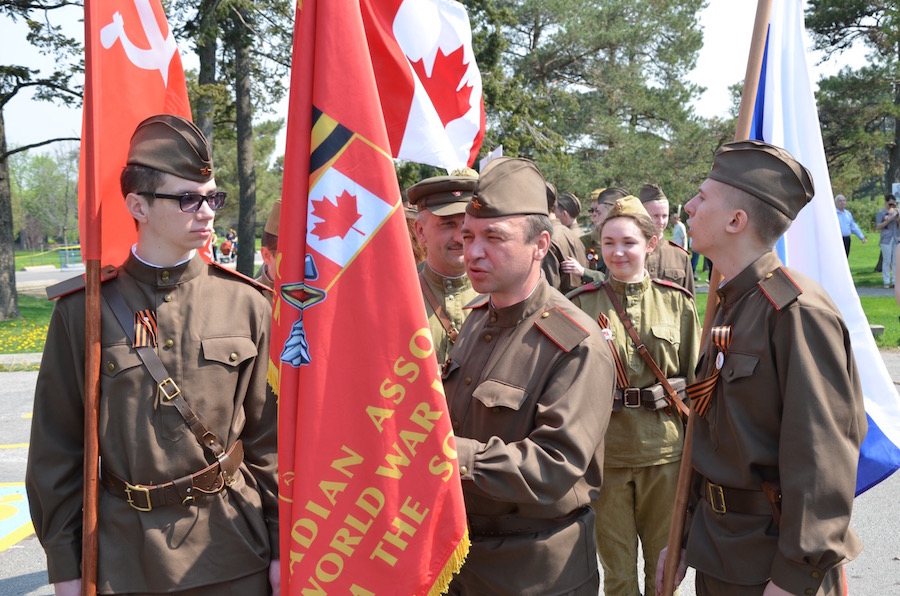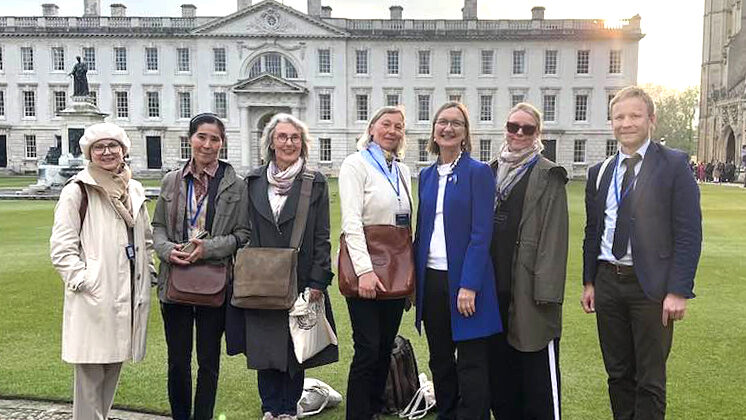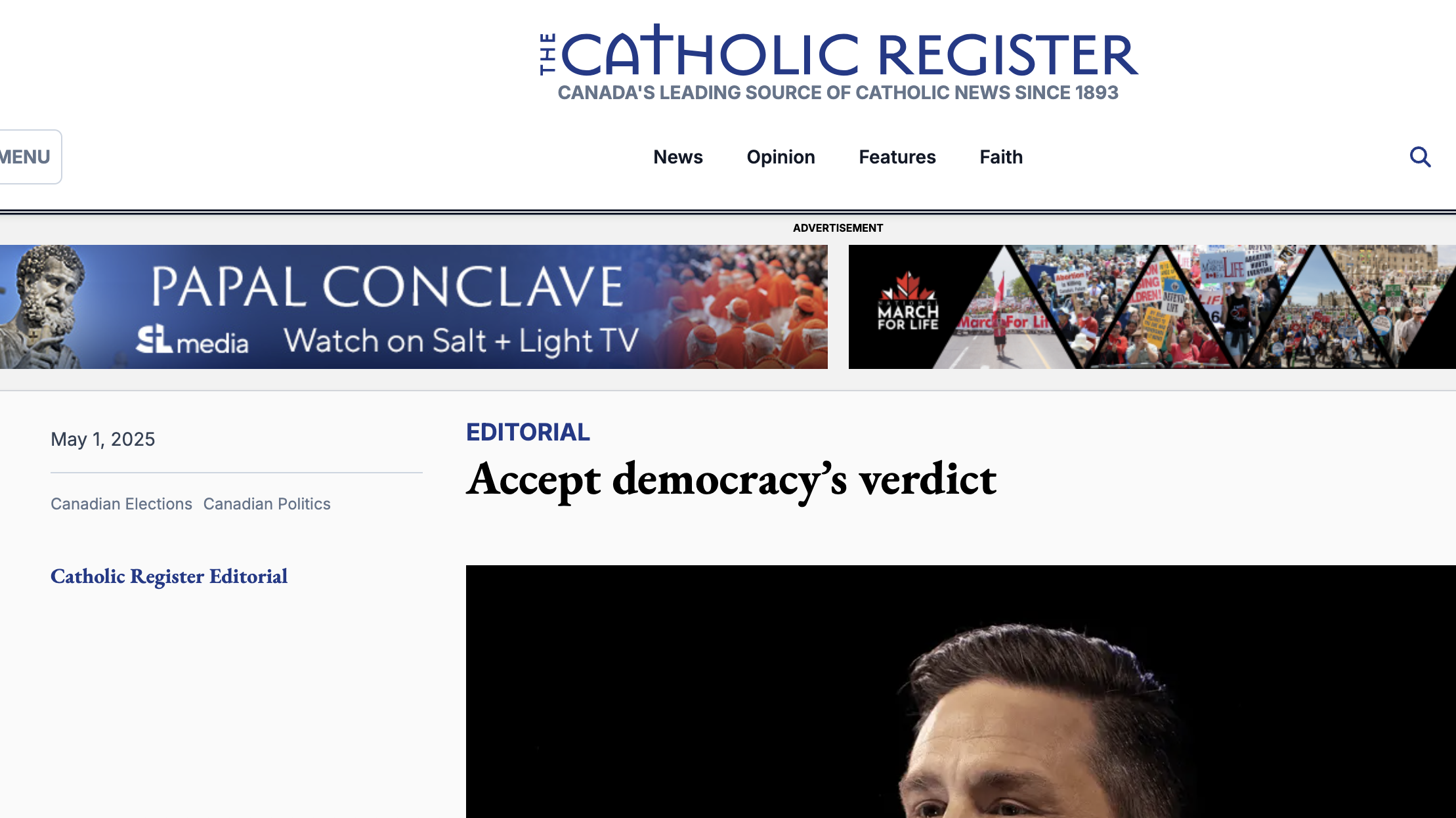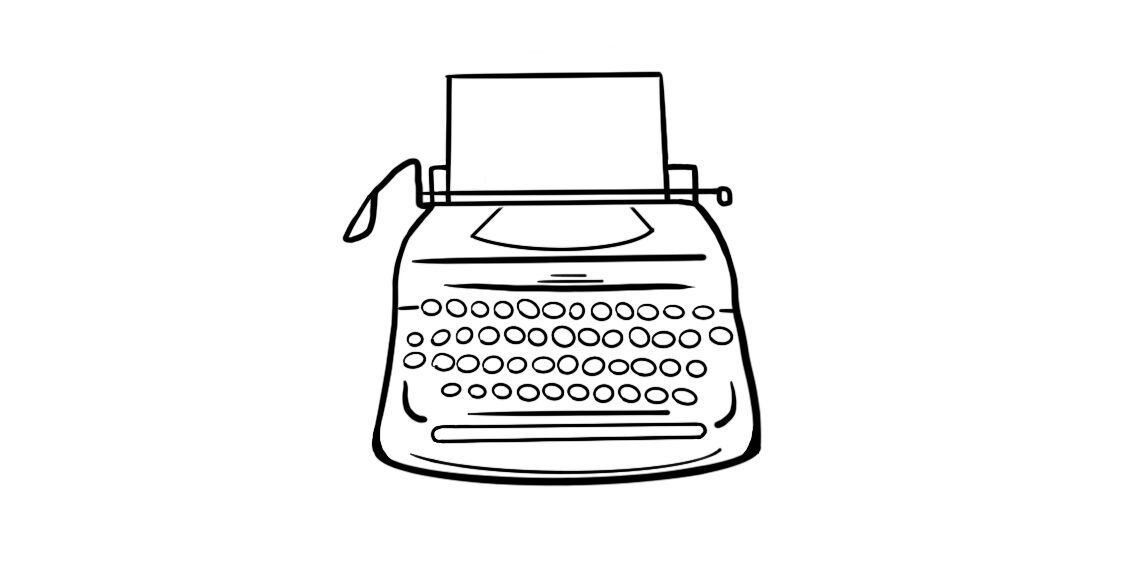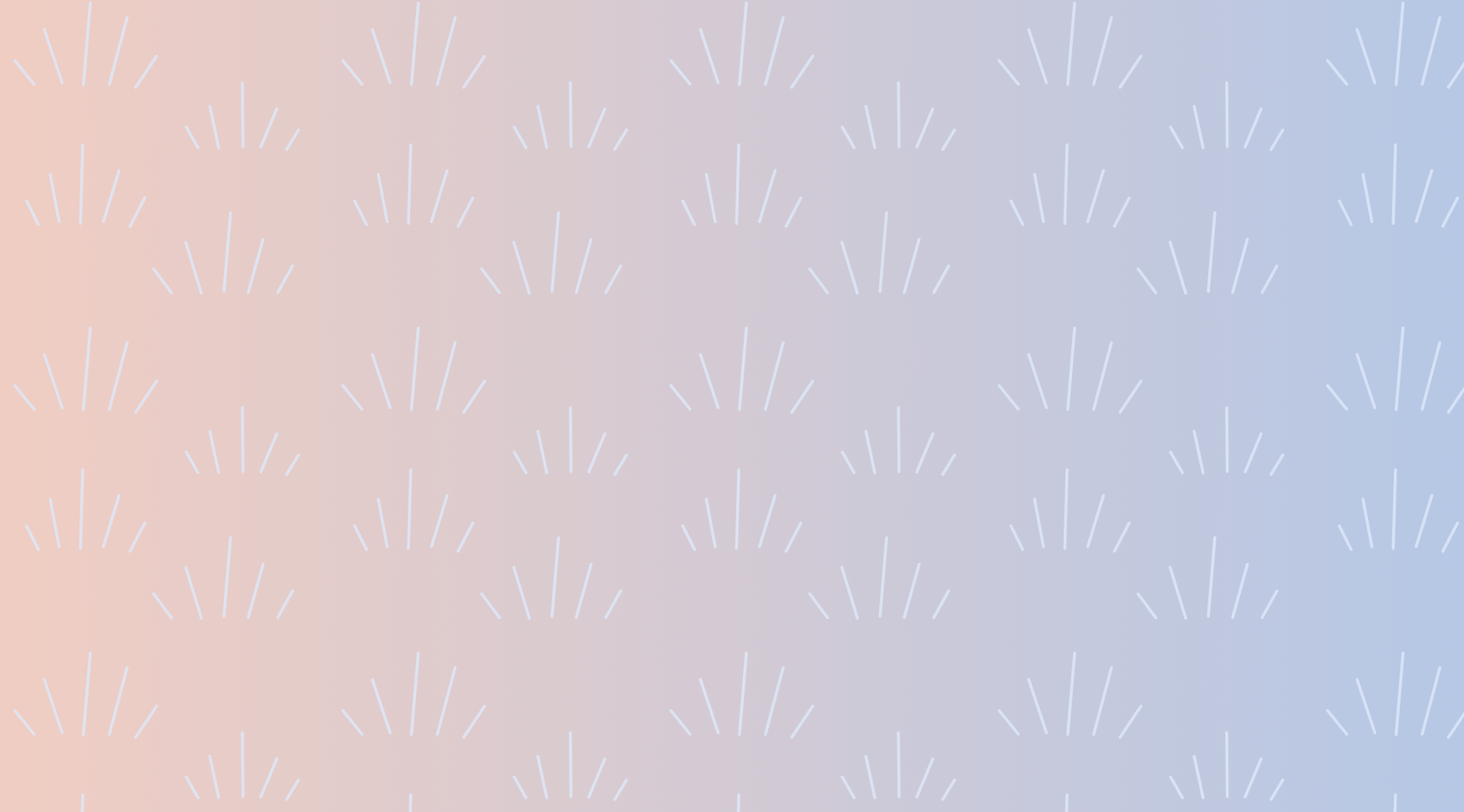The orange and black ribbon, derived from the Order of Saint George, and distributed in the millions to Russians throughout the world for May 9th, now articulates Russian battlefield prowess.
The medal was the highest battlefield award in imperial Russia and the colours represent fire and gunpowder. Russian nationalists were wearing the ribbon when the Estonian government announced it would relocate a Red Army monument from Tallinn’s centre to a military cemetery in 2007. A Russian journalist has observed that rioters at the time wore the ribbon as a “symbol of concrete political partiality and views, not just memory”. It was worn in 2014 during the Russian invasion of Ukraine’s Donbas, as a “symbol of the state and loyalty to the autocratic regime”.
Only two months after the 2021 Victory Day march, an article purportedly authored by Putin, “On the Historical Unity of Russians and Ukrainians” was published, spelling out his denial of Ukraine as a separate country.
Victory Day is Putin’s perfect platform for nationalistic propaganda, which is now devoid of any real historic context. It has been twisted into a “day of liberation” which the captive nations of central and eastern Europe marked as the day that inaugurated Soviet control and repression.
(Read more: Estonian Life No. 16 2022 paber- and PDF/digi)
Laas Leivat, Toronto
